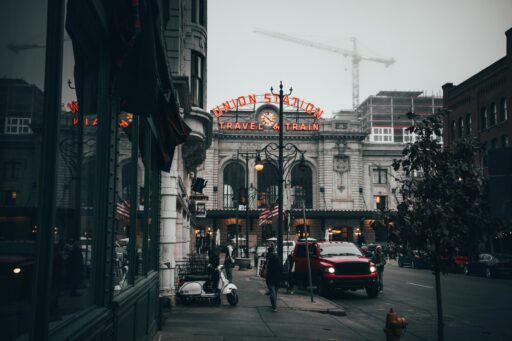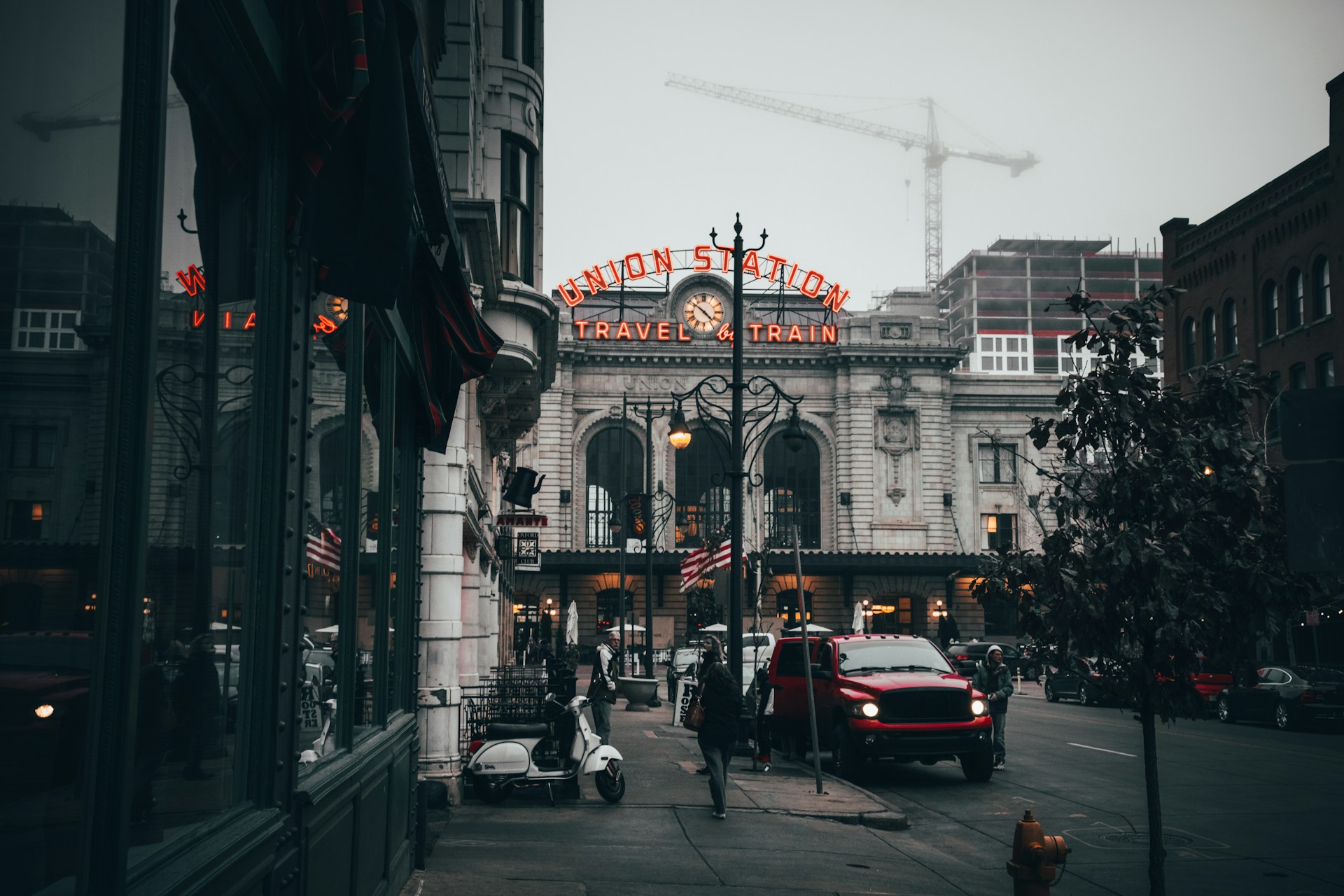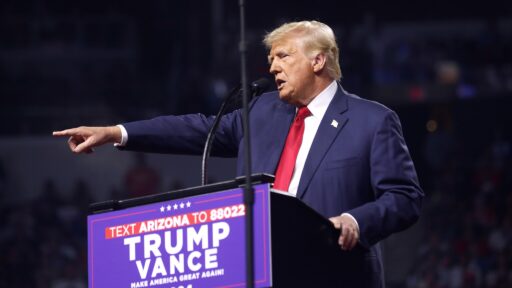Trump is going to drop the hammer whether Democrats like it or not.
Denver Mayor Mike Johnston recently sparked controversy with his suggestion that he might use local police officers to prevent federal immigration agents from entering Denver to carry out mass deportations, a move he proposed in response to potential actions by a second-term President Donald Trump. Johnston, a Democrat, made the bold claim in a conversation with the news outlet Denverite, saying that Denverites—particularly the progressive residents in the city’s Highland neighborhood—would mobilize against any deportation efforts, likening it to a “Tiananmen Square moment” where local residents would stand up to federal authorities.
Though he later walked back his comments, Johnston remained adamant about his willingness to defy the federal government, even stating he would be willing to go to jail to protect Denver’s immigrant community. This rhetoric comes at a time when sanctuary cities across the country, including Denver, are preparing for a potential wave of mass deportations that Trump has promised to enact in his second term.
Sanctuary cities and states, while not explicitly defined by law, are jurisdictions that refuse to cooperate fully with federal immigration enforcement, making it more difficult for authorities to identify and deport undocumented immigrants. There are currently over 200 sanctuary cities and several states, such as California and New York, that have policies in place to limit collaboration with federal immigration authorities.
President Trump, however, has pledged to take a hardline stance on immigration in his second term. His administration plans to ramp up deportations, targeting illegal immigrants, criminals, and those involved in human trafficking. Trump has also promised to cut funding to sanctuary cities, including those that obstruct federal immigration enforcement. Additionally, he confirmed that he intends to declare a national emergency and potentially deploy the military to assist with deportations.
While sanctuary cities like Denver, San Francisco, and New York have made it clear they will resist these federal actions, experts argue that local policies cannot completely stop the federal government’s efforts. Even with sanctuary laws in place, federal immigration authorities have the legal right to operate independently of local law enforcement. Experts believe sanctuary policies may slow down deportations but cannot fully block them. As Senator Ted Cruz pointed out, federal law enforcement has the authority to act regardless of local opposition.
The tension between local governments protecting immigrants and federal immigration enforcement continues to be a significant point of conflict, especially as Trump prepares for a second term. While progressive leaders like Johnston and others in sanctuary cities may advocate for protecting their immigrant populations, the Trump administration remains committed to enforcing federal immigration laws, with little tolerance for local resistance. In the end, the battle over sanctuary policies could lead to heightened legal and political confrontations between state and local governments and the federal government, with the future of America’s immigration system hanging in the balance.







